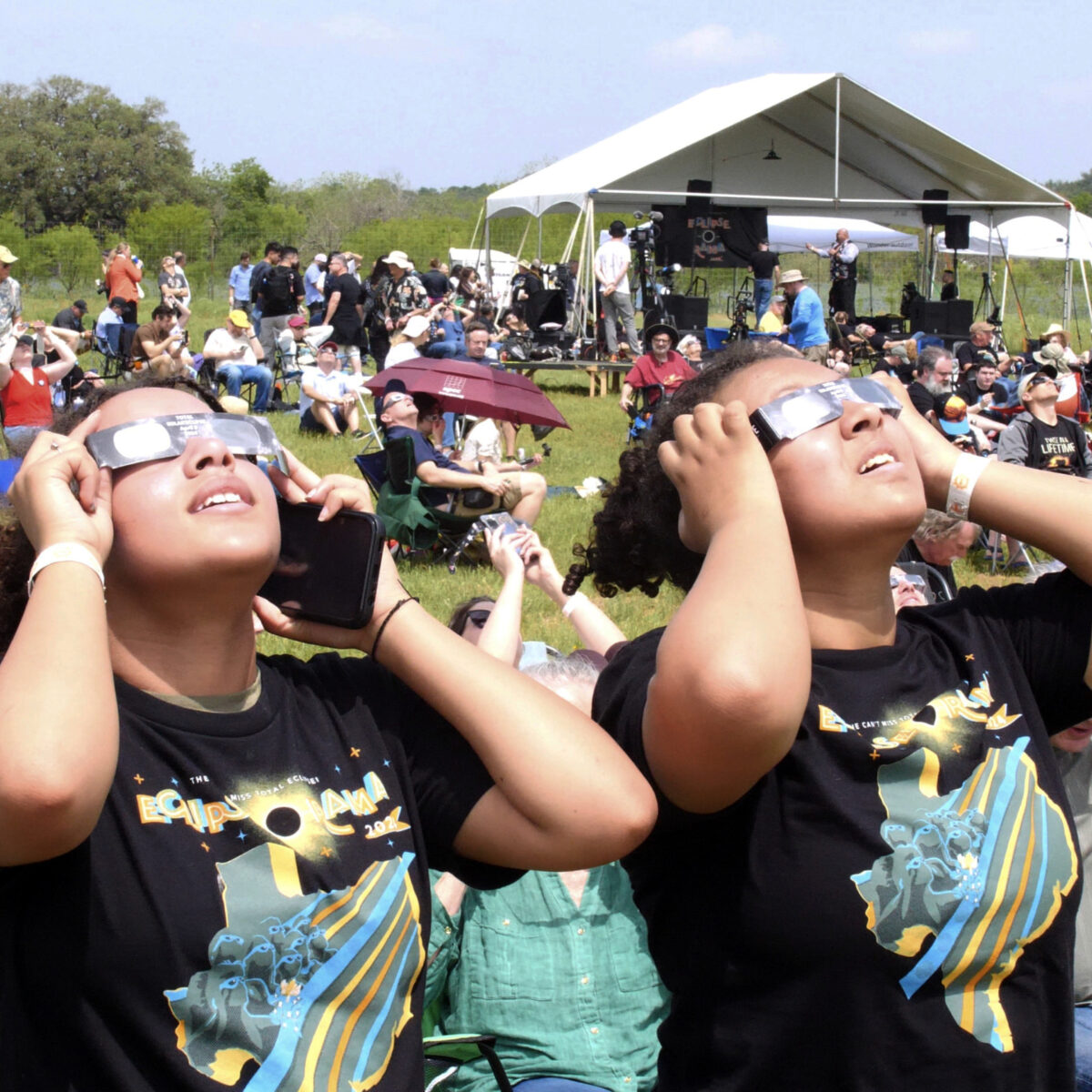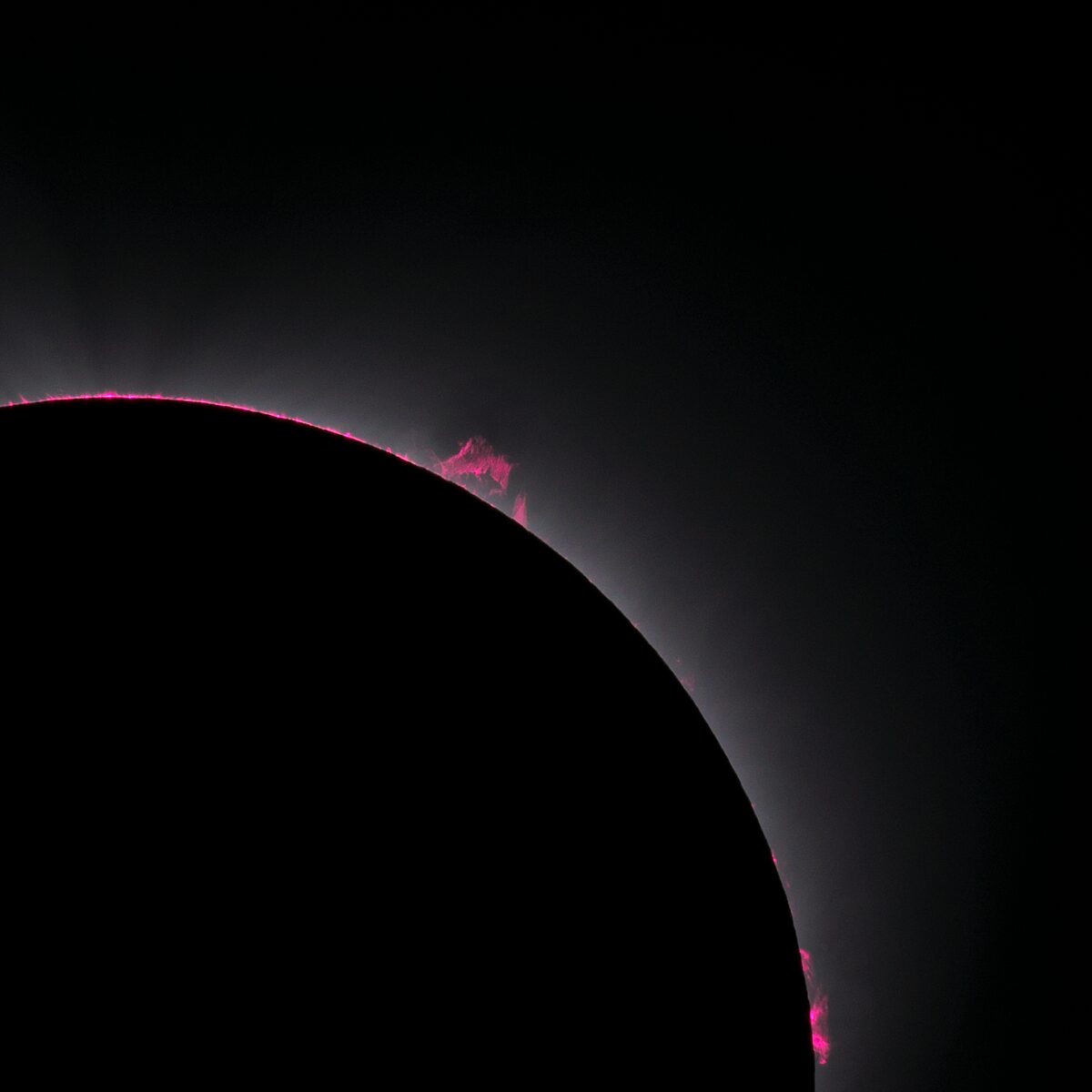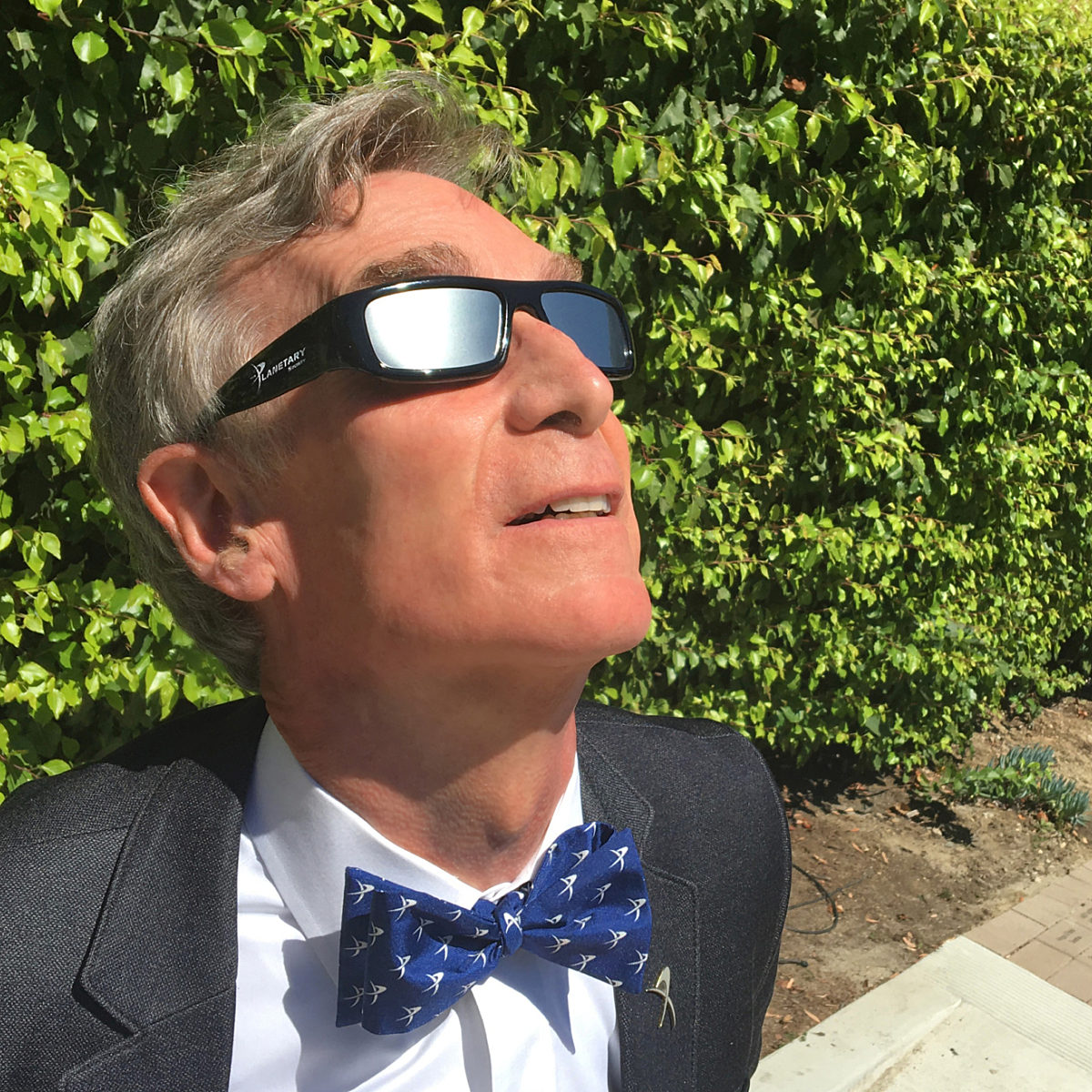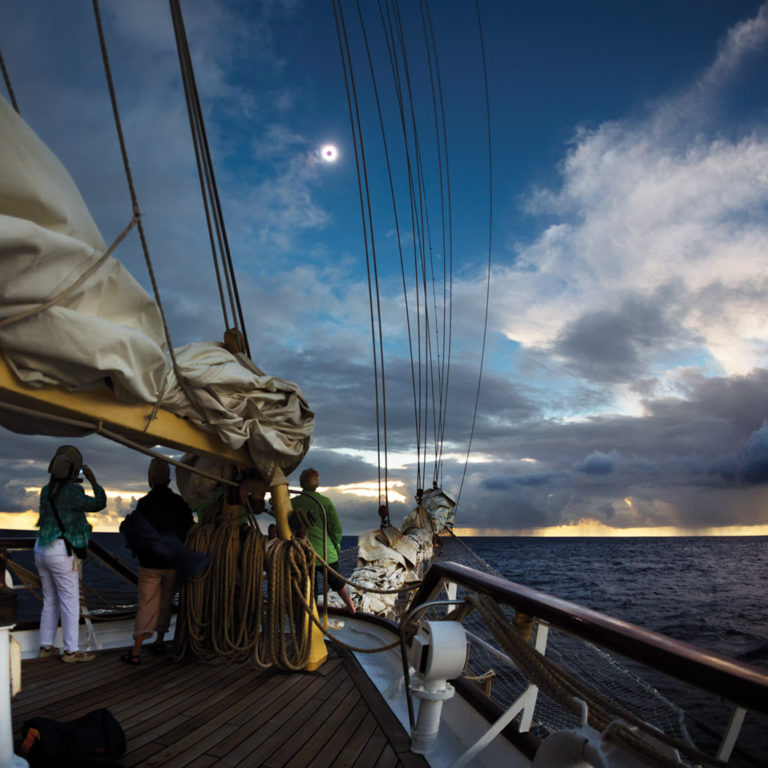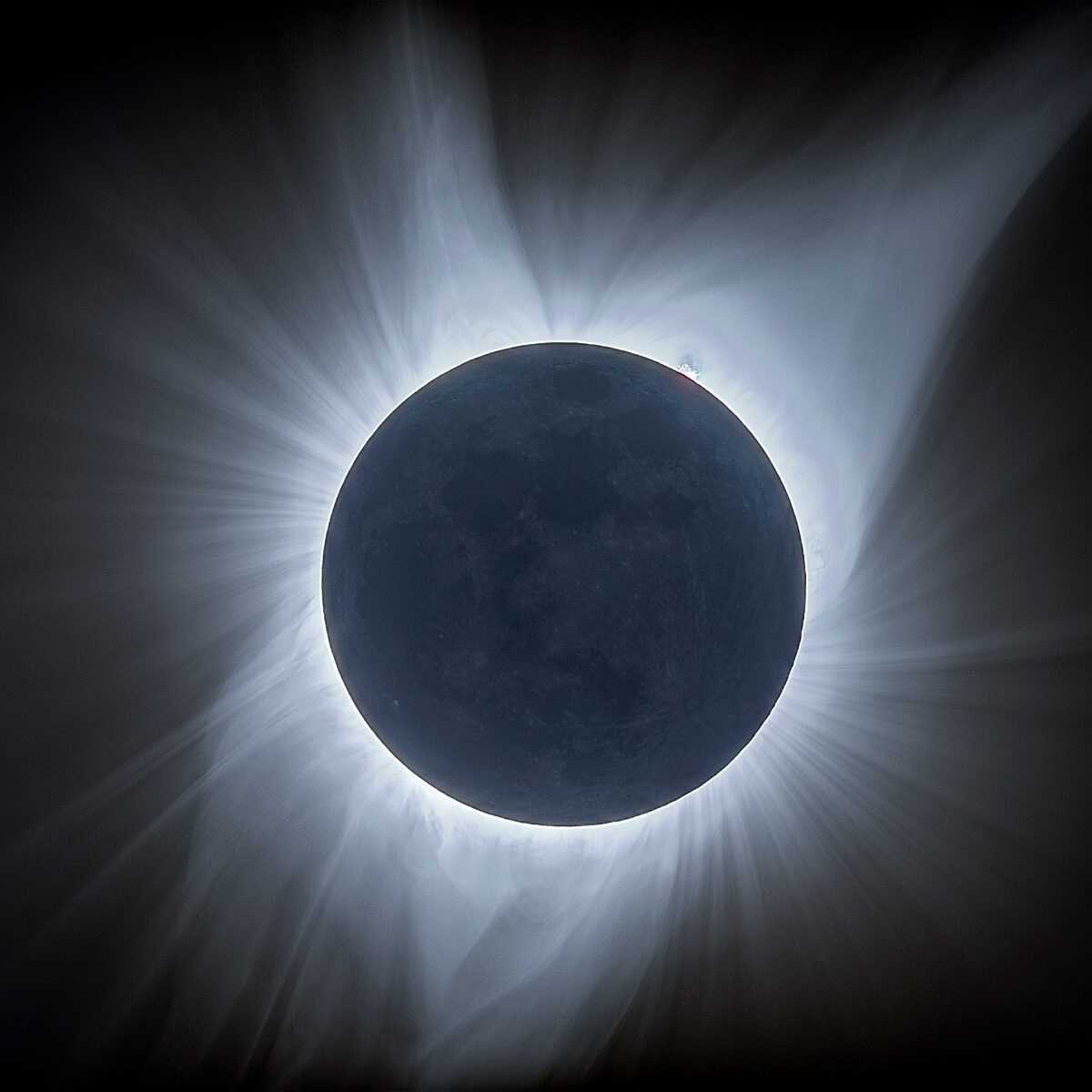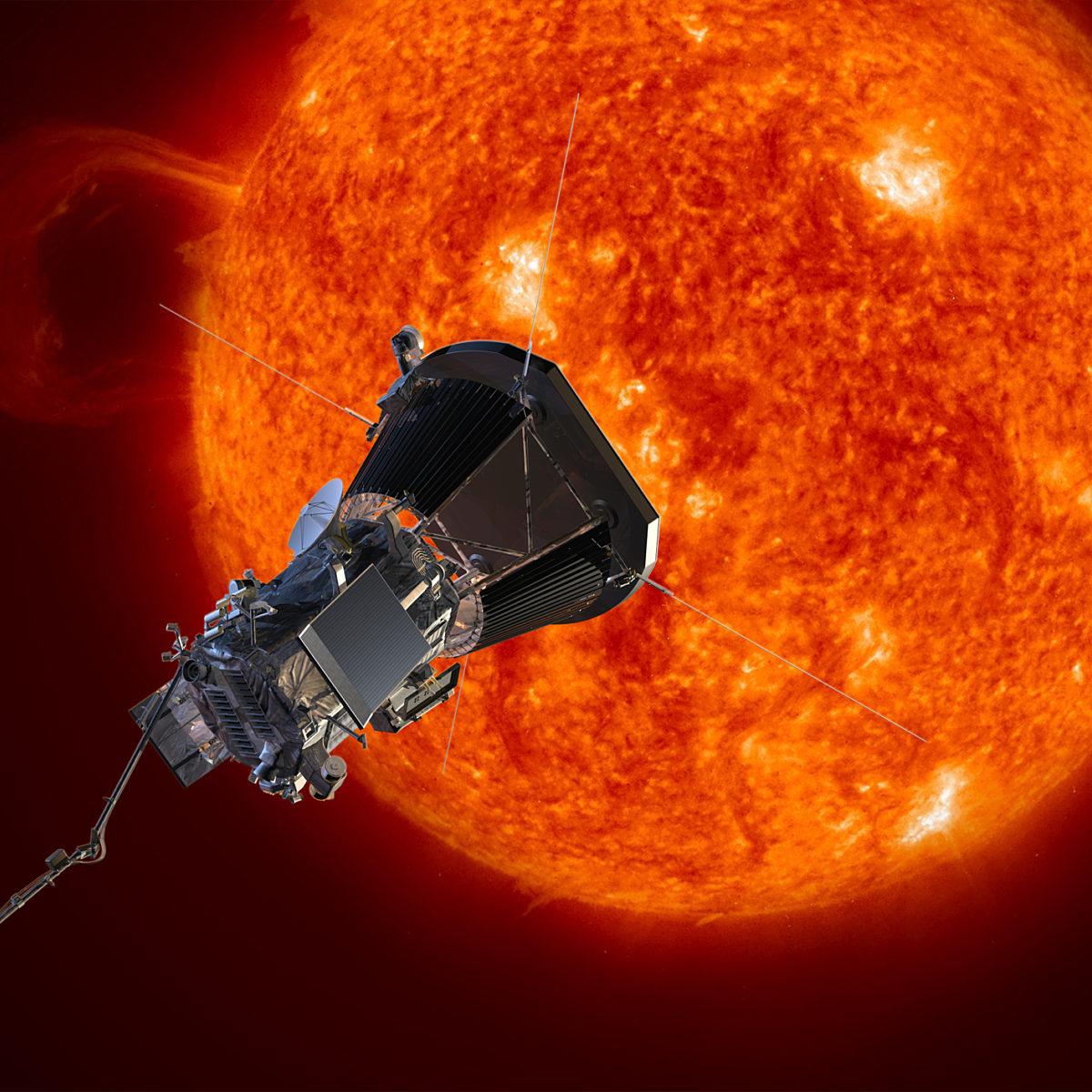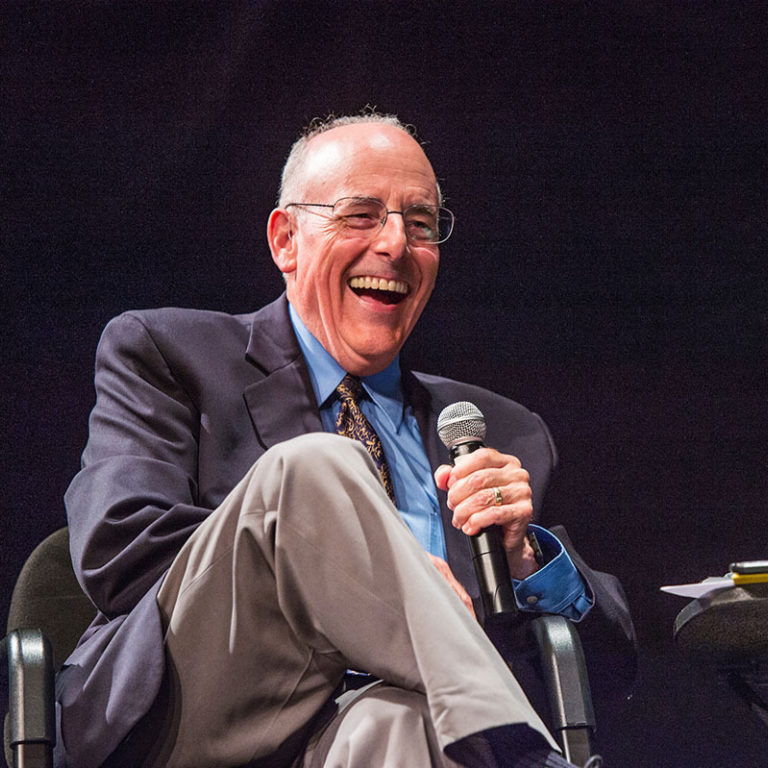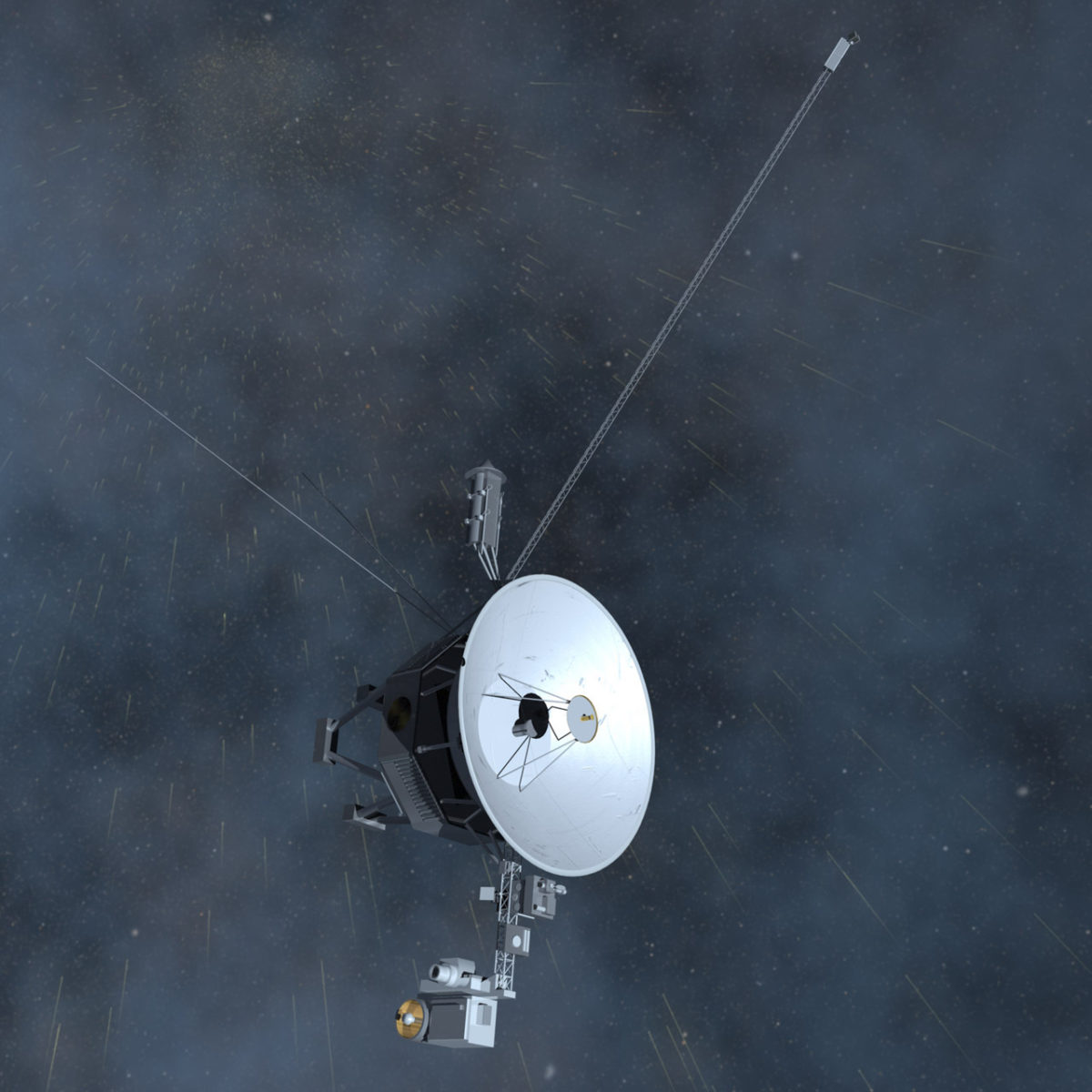Since 2002, Planetary Radio has visited with a scientist, engineer, project manager, advocate, or writer who provides a unique perspective on the quest for knowledge about our Solar System and beyond. The full show archive is available for free.
Search Planetary Radio
This week on Planetary Radio we take a trip to The Planetary Society’s Eclipse-O-Rama festival in Fredericksburg, Texas, where hundreds gathered to witness the April 8 total solar eclipse.
Planetary Radio marks its last show before the Apr. 8 total solar eclipse with a look back at discoveries made during totality.
Ron Benner, the President of the American Optometric Association, and astrophotographer Andrew McCarthy give helpful tips for safely observing the upcoming total solar eclipse in North America.
Jim Bell, a professor from the School of Earth and Space Exploration at Arizona State University and former president of The Planetary Society's Board of Directors, shares captivating tales from his global eclipse-chasing journeys.
Ed Krupp, the director of Griffith Observatory in Los Angeles, shares insights from the fascinating field of archaeoastronomy.
Matt Golombek, project scientist for the Mars Exploration Rover Project, joins Planetary Radio to celebrate the 20th anniversary of the landing of the Spirit and Opportunity rovers on Mars.
Jesse Tomlinson and Stephen Watkins from The Eclipse Company join Planetary Radio to talk about their partnership with The Planetary Society and the launch of their new eclipse map for the upcoming 2024 total solar eclipse in North America.
The InSight RISE instrument's principal investigator, Sebastien Le Maistre, from the Royal Observatory of Belgium, joins Planetary Radio to discuss Mars' increased rotation speed.
Kevin Trinh from Arizona State University joins Planetary Radio to discuss his research into Europa's formation history and the consequences for the moon's habitability.
James Drake from the University of Maryland joins Planetary Radio to talk about the latest results from NASA's Parker Solar Probe as it soars closer to our star than any spacecraft in history.
A spacecraft has penetrated the Sun’s corona for the first time, revealing unprecedented data and capturing a mind-blowing video.
Another near Earth-sized planet has been found in the habitable zone around a distant star, discovered by a powerful space telescope named TESS.
Jay Pasachoff visits Planetary Society headquarters for a conversation about the latest edition of his and Alex Filippenko’s monumental textbook The Cosmos.
We have so much to learn about Venus, says JPL scientist Sue Smrekar. What we learn will help us understand our own world and Mars.
With hours to go before the Great American Eclipse, nine outstanding guests joined host Mat Kaplan for Planetary Radio Live in front of 1,100 rowdy eclipse and space science fans.
It’s the Grandest Finale. The spectacular Cassini mission’s exploration of Saturn will end on September 15th when the spacecraft plunges into the planet. Cassini Project Scientist Linda Spilker is back with one last mission update.
It is most space fans’ favorite planetary science mission, and with good reason. We visit with the man who has been in charge of Voyager mission science for more than four decades.
JPL astrophysicists Alina Kiessling and Jason Rhodes were brought together by their fascination over the mystery of dark energy. They talk with Planetary Radio about their research and the many missions they are contributing to, including WFIRST, a unique new space telescope.
The world’s most powerful solar telescope has just been renamed for the man responsible for its creation. We’ll meet astrophysicist and helioseismologist Phil Goode, and we’ll enjoy a tour of the Goode Solar Telescope.
When the Pathfinder lander reached Mars 20 years ago it began a Martian renaissance that has never paused. JPL scientist Matt Golombek was the mission’s Project Scientist. He looks back and to the future of our explorations at the Red Planet.


 Explore Worlds
Explore Worlds Find Life
Find Life Defend Earth
Defend Earth


